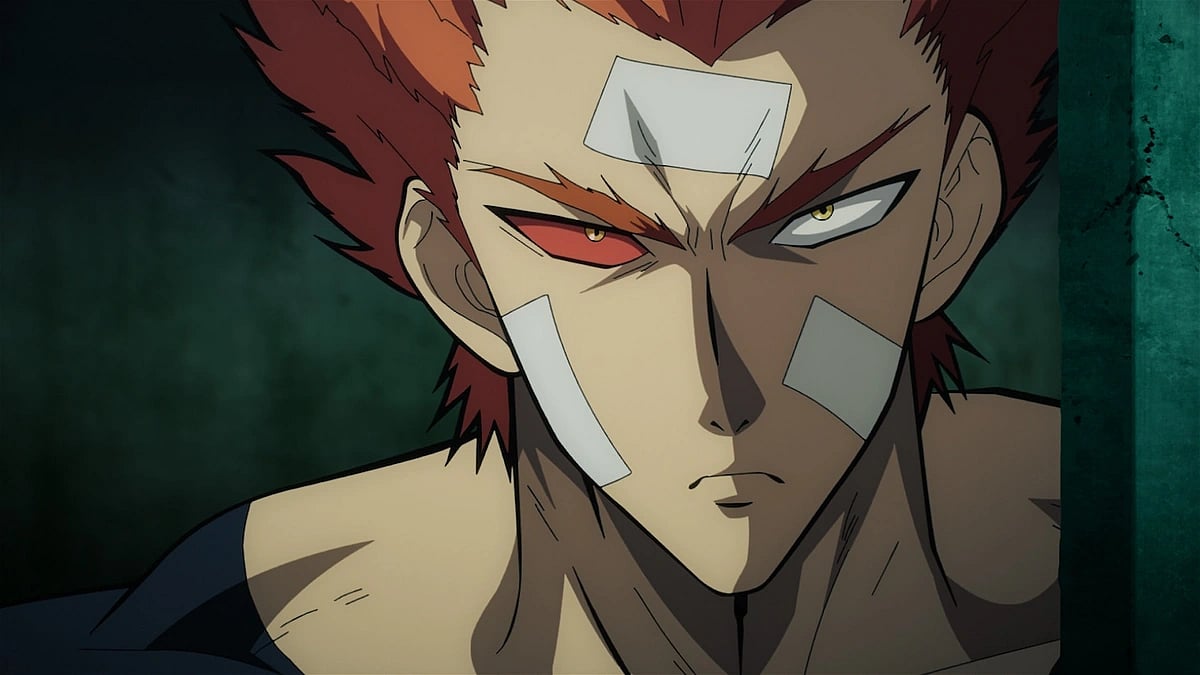One Punch Man 3 controversy breakdown: Overworked studios, animation woes, and fan harassment
The show had once earned the praise as one of the greatest anime of all time

One-Punch Man entered the anime scene in 2015 with a sharp mix of action and comedy, earning praise as one of the greatest anime of all time. But since Season 2, the series has been on a steep decline, and Season 3 has only amplified fans’ frustrations.
The core controversy
Season 1 was animated by Madhouse, a studio renowned for its stunning visuals and fluid fight scenes. Season 2 shifted to J.C. Staff, a studio. The result: a massive drop in animation quality that many fans deemed unacceptable.
Season 3, released on October 12, has continued the trend, with animation described as “PowerPoint-level,” static, and lacking the excitement and humor that defined the series. Key scenes, like Garou sliding down a hill, have been mocked online for their “slideshow-style” execution.
Why fans are furious:
The series’ identity was built on spectacular fights and comedic timing; both are severely undercut in the new season.
Fans had some hope J.C. Staff could redeem themselves after Season 2, but early episodes of Season 3 show no improvement, leading to disappointment and online outrage.
Some fans even tried using AI tools to fix the visuals, highlighting the severity of dissatisfaction.
The bullying and backlash
Animator Shinpei Nagai, revealed as Season 3’s director, faced harassment online even before the season aired. Fans questioned his experience, prompting him to post a detailed resume defending his credentials.
After the episodes released, backlash intensified, fueled by memes and social media critics. The harassment became so severe that Nagai deactivated his X (Twitter) account, citing the impact on his mental health and the production team’s morale.
Industry experts stressed that animators in Japan are often overworked and underpaid, and harassment can harm future productions rather than improve quality.
Production challenges:
J.C. Staff reportedly had time and management issues, and unlike studios like Ufotable, which carefully plan and execute high-quality sequences, OPM’s animation suffered from rushed production.
Season 3 is working under similar constraints as Season 2, including underwhelming sound design and uneven pacing.
The verdict?
Season 3 has failed to live up to the standard set by Season 1, leaving fans disappointed but should not justify harassment of the staff.
While the series’ characters and story remain engaging for some, the lack of visual excellence means One-Punch Man is no longer the power e it once was.
The staff had advised fansto to temper expectations, appreciate the creative effort where possible, and focus on healthier fandom engagement instead of targeting animators.
Network Links
GN StoreDownload our app
© Al Nisr Publishing LLC 2026. All rights reserved.